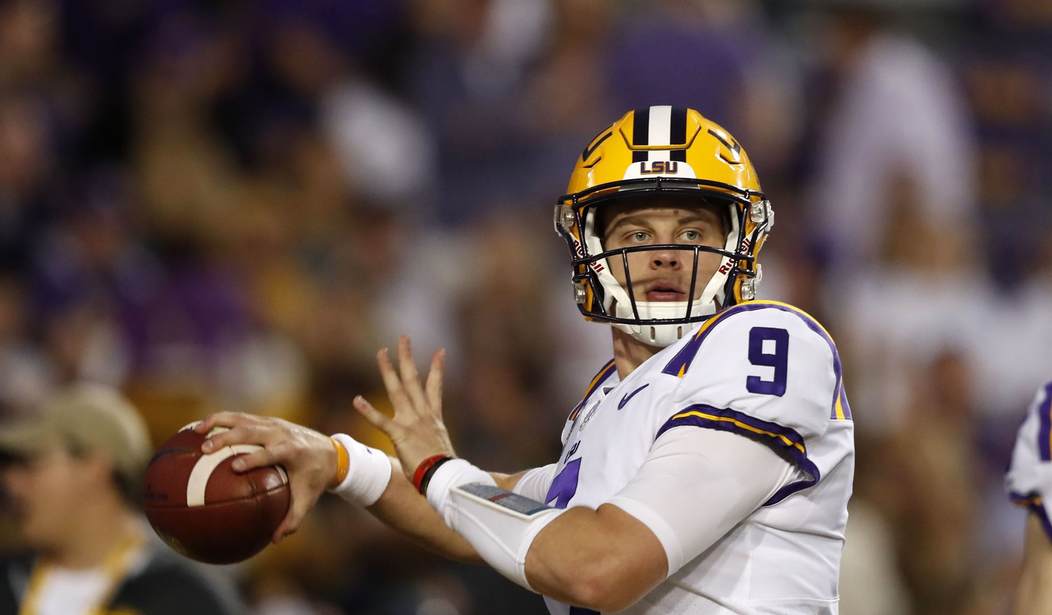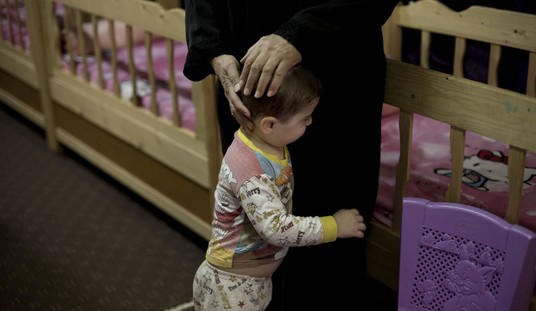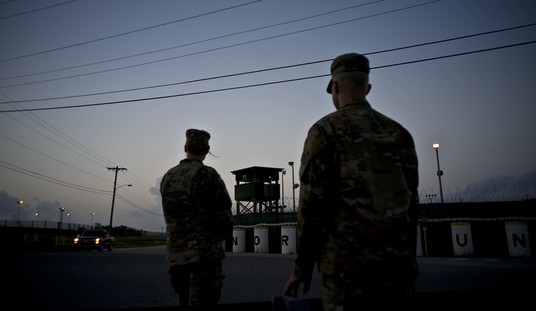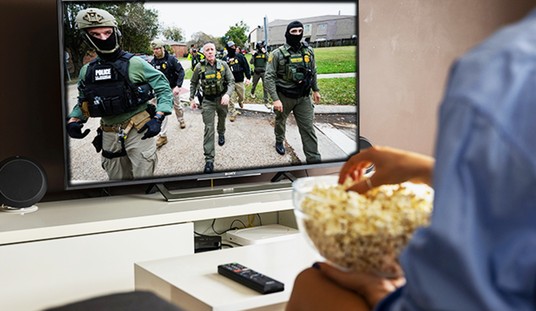The 24-member NCAA Division I Board of Directors will review and is expected to approve that historic recommendation Wednesday, the eve of the July 1 date that athletes rights advocates have been pointing toward with anticipation for months. On that day, eight of the 21 states that have passed laws enabling athletes the NIL option will see those laws go into effect. The eight are Alabama, Florida, Georgia, Kentucky (by executive order from Gov. Andy Beshear), Mississippi, New Mexico, Ohio and Texas. A ninth state, Arizona, has a law passed and going into effect July 23.
Twelve more states have laws going into effect in 2022, 2023 and 2025, but some might move to bring those laws closer to the present.
The NCAA said in a statement: “While opening NIL activities to student-athletes, the policy leaves in place the commitment to avoid pay-for-play and improper inducements tied to choosing to attend a particular school. Those prohibitions would remain in effect.”
Recommended: DeSantis Sends a Defiant Message to Woke Capitalism and the NCAA on the First Day of ‘Pride Month’
Some of the guidelines for athletes and schools include:
“College athletes can engage in NIL activities that are consistent with the law of the state where the school is located. Colleges and universities are responsible for determining whether those activities are consistent with state law.
“Student-athletes who attend a school in a state without a NIL law can engage in this type of activity without violating NCAA rules related to name, image and likeness.
“College athletes can use a professional services provider for NIL activities.
Although still being unable to pay athletes directly for their services, there will be competition in big college sports programs to offer blue-chip players the finest NIL marketing assistance money can buy. And it’s one more aspect of recruiting, giving colleges and individual players the opportunity to cheat.
It’s ludicrous that this change didn’t happen 40 years ago when big-time college football essentially became for-profit entities of universities. With collegiate conferences signing mega-deals with sports networks to broadcast their games, the players realized that they had become regional superstars — bankable assets for the schools. Why shouldn’t players get a piece of that pie?
Under NIL rules, athletes can profit off their fame through avenues such as social media posts, appearances, sponsorships, autograph sales, endorsement deals and private training classes or camps. Even as the new opportunities have come, some longtime athletic administrators have wondered how extensive the opportunities will become.
Boo Corrigan, athletic director at North Carolina State and the son of influential former NCAA president and ACC commissioner Gene Corrigan, said: “I think today changes some of that [history]. But maybe I’m an unrealistic dreamer or whatever, but I still like to think about those [old] days, and I still think of the opportunities they provided. I think it’s going to look different, but I think the core mission doesn’t change.”
Corrigan said he had told recruits, “Hey, it’s coming, and we want you to have opportunities in front of you, but the only goal is for you to leave here as a better person than when you arrived and a more well-rounded person.”
The amateur “spirit” has always been oversold at colleges. Athletes have been pampered and paraded for profit for at least 100 years. They lived in separate dorms, ate better food, had private tutors, and, of course, most professors wouldn’t dare give an athlete a bad grade.
It was “professionalism” in all but name. Now, the veil has been pulled back and college sports no longer have to pretend anymore.










Join the conversation as a VIP Member